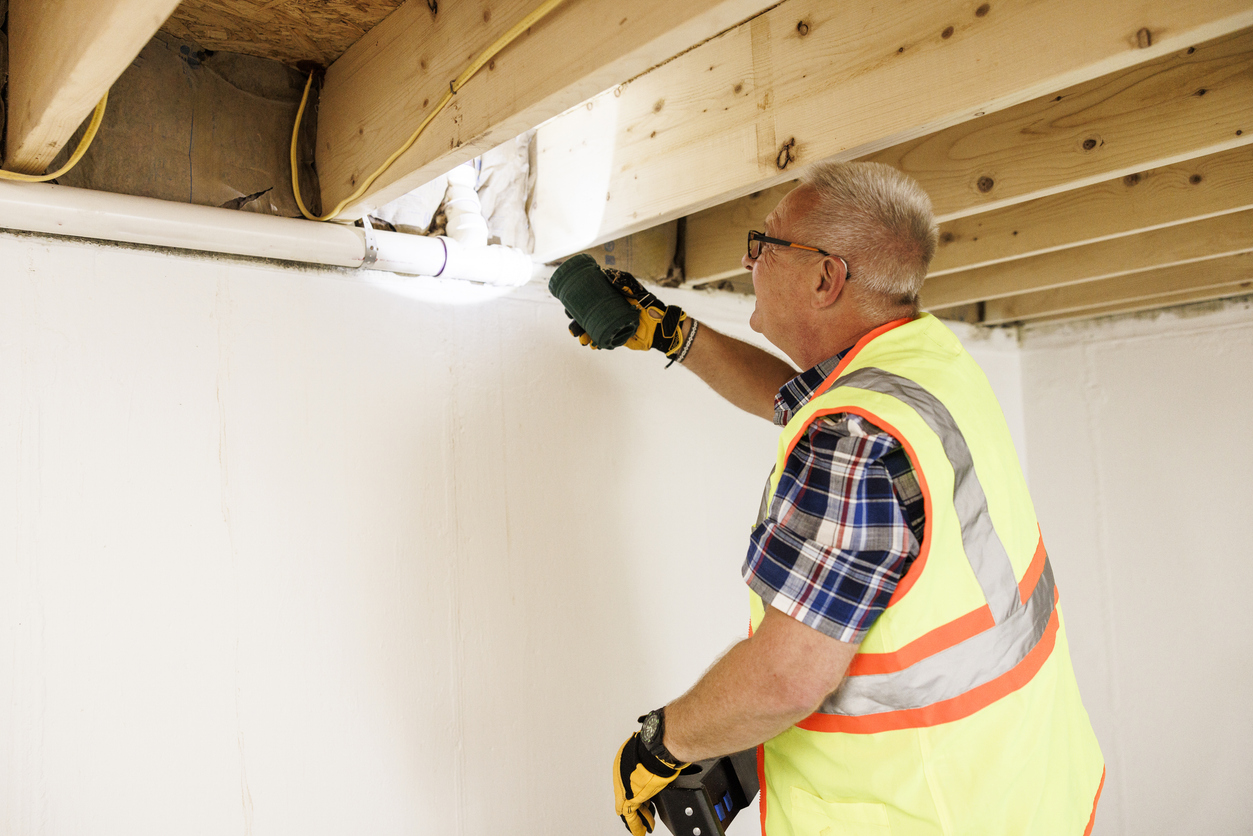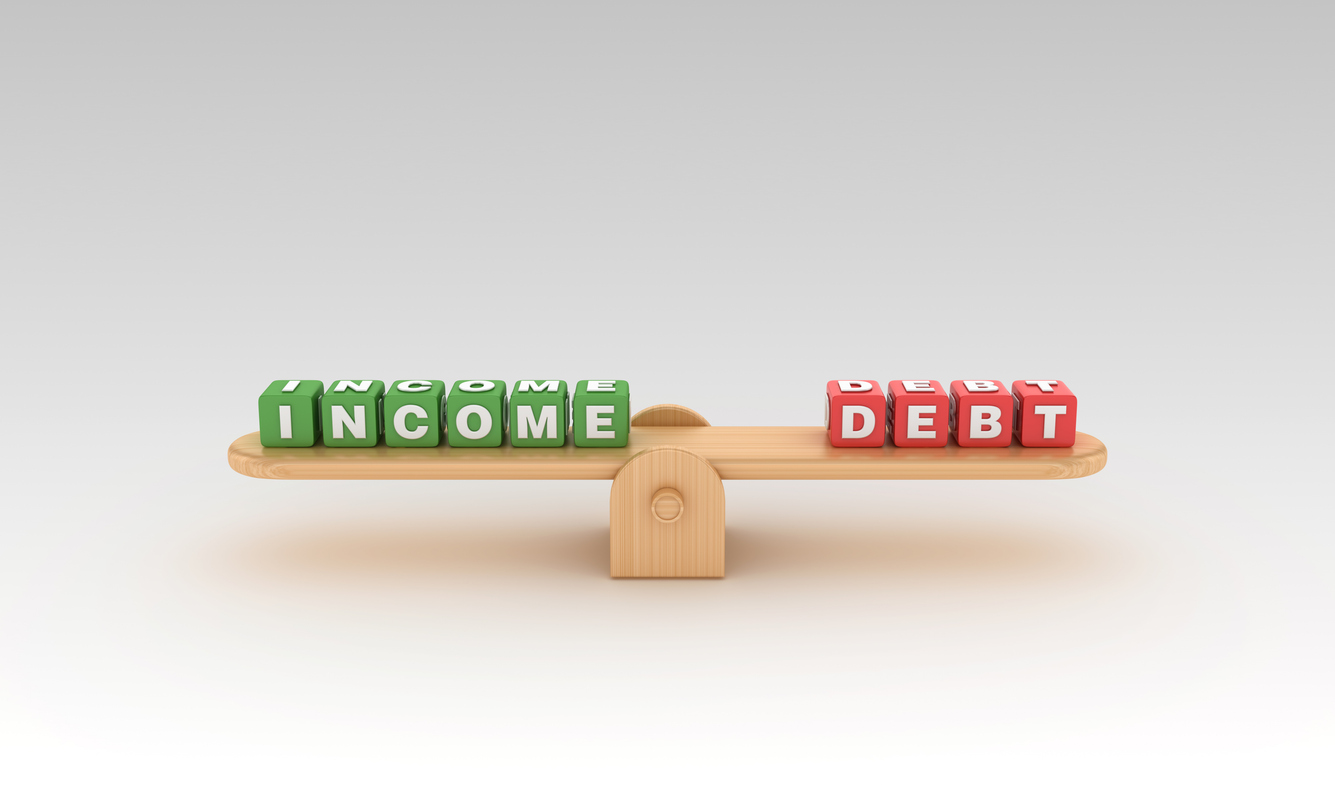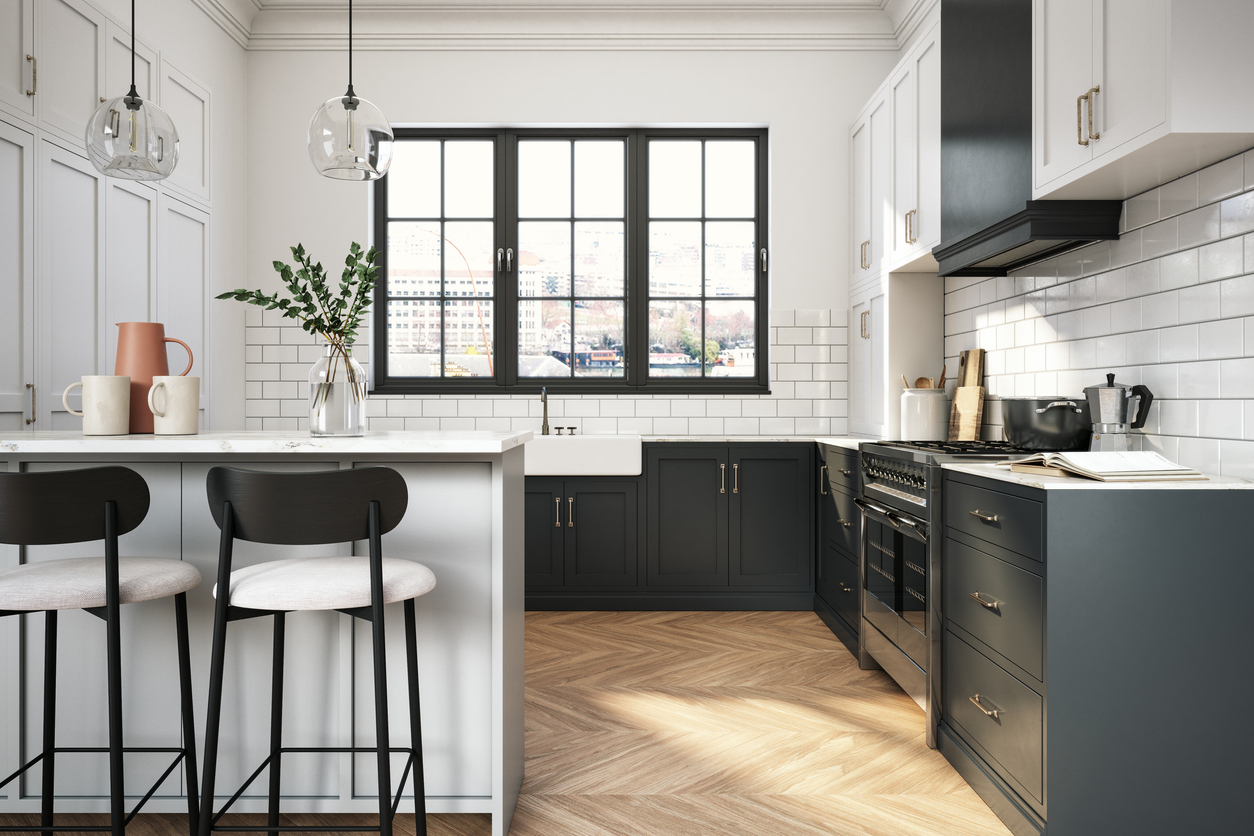6 Ways To Overcome The Emotions Of Selling A Home
Selling your home can stir up a range of emotions you may not have expected. While you may feel excited about the opportunity to move into a new house, you may also experience feelings of sadness or loss as you prepare to sell your home. Use ...
Read more







